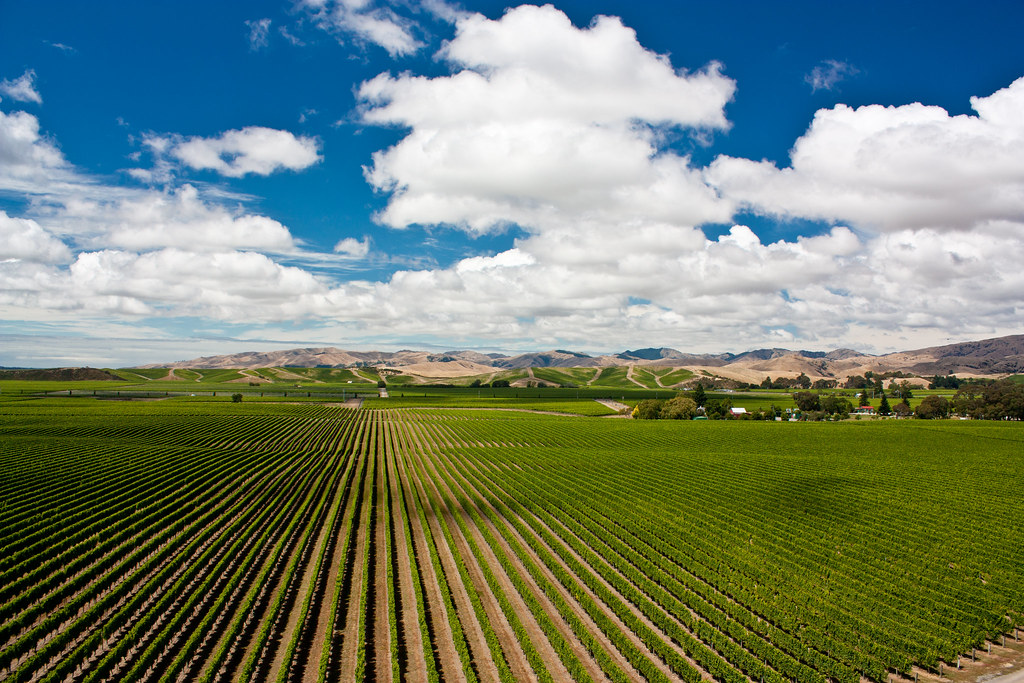Wine produced from the grapes co-planted with hemp showed increased quality, and the presence of hemp plants improved vineyard soil, according to research in New Zealand.
The three-year study, by vintner Kirsty Harkness and Mark Krasnow, a viticulture researcher, showed that hemp is a viable cover crop for New Zealand vineyards because it provides a means of alleviating soil compaction and adds organic matter to the soil.
Hemp also offers a potential second income stream for growers serving the wine industry, and can be harvested ahead of grapes, the research paper observes.
Other co-crops failed
Conducted in the Marlborough Wine Region, the study showed that hemp took root without the need for watering at the Sauvignon Blanc vineyards, where other cover crops have failed to grow. The Marlborough Wine Region is located in the north of the South Island of New Zealand.
“This allowed the hemp to continue growing and sequestering carbon longer into the season,” the study suggests, adding that the hemp plants were able to grow in tractor wheel tracks, developing deep tap roots that reduce soil compaction – a major problem in vineyards. The compaction can be harmful because it risks “suffocating” the roots of the grapevines.
“The fact that hemp has not competed with vines, but has had a positive influence on soils and wines is very exciting,” Harkness told New Zealand Wine Grower, the magazine of the New Zealand Wine Growers Association, noting that juice from the grapes adjacent to the hemp had a greater population of native yeasts and produced a higher quality wine than the juice from vines grown separately from hemp plantings.
Long-term benefits
The soils of the vineyards were richer in organic matter and total carbon, beneficial for the long-term health and fertility of the soils, the research also showed. “The differences were especially pronounced at 40-80cm, suggesting that hemp allows more carbon to be sequestered deeper in the soil profile than other cover crops,” according to the study.
Krasnow said hemp mixed with other cover crops – such as clover for nitrogen and buckwheat for beneficial insects – could help vineyards produce better grapes with fewer inputs while also sequestering carbon. A mixed turf cover including hemp could improve grape quality, save water, be bee-friendly, use less diesel and, ultimately, reduce overall costs, Krasnow said.

